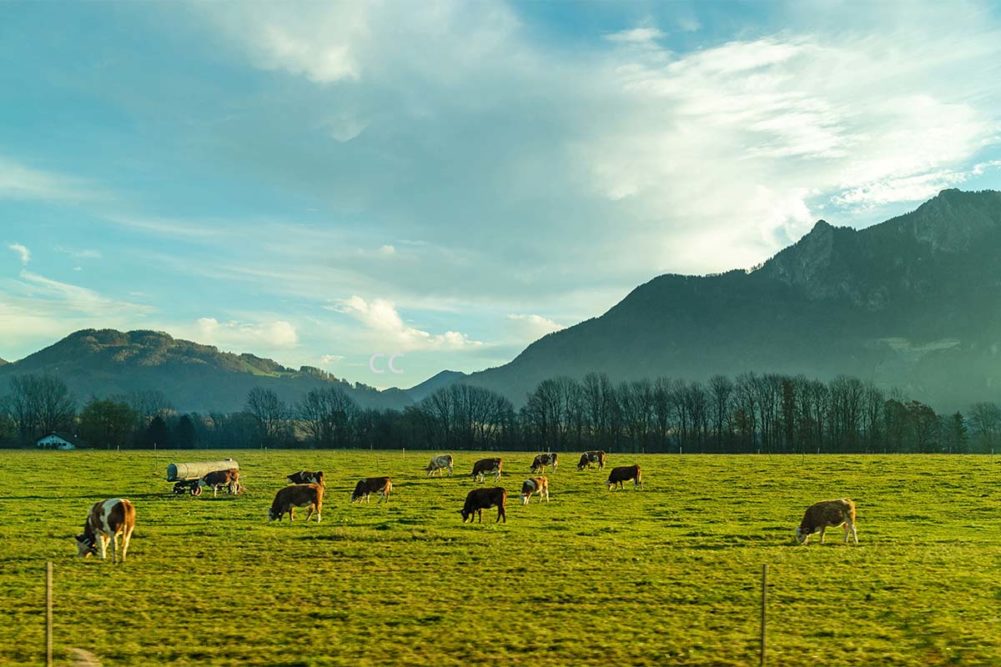DENVER — A total of $1.5 million in grants is being distributed to restore, improve and conserve grasslands and wildlife habitats in the Intermountain West, announced the National Fish and Wildlife Foundation (NFWF) on Nov. 29. Matching contributions of $2.5 million will create a total impact of $4 million.
The grants are funded through the Rocky Mountain Rangelands Program, the product of a partnership between NFWF, Cargill, Darden Restaurants Inc., the Department of the Interior’s Bureau of Land Management and the US Department of Agriculture’s Natural Resources Conservation Service (NRCS).
“The Intermountain West is a region rich with wildlife and unique habitats,” said Jeff Trandahl, executive director and chief executive officer of NFWF. “Through voluntary collaborations and impactful grants such as these, we can make major progress toward conserving and restoring this important working landscape and providing improved habitat for native species including elk, mule deer, sage-grouse and songbirds.”
Five grants are being spread across the Intermountain West, which includes habitats in Colorado, Idaho, Montana, Nevada, Oregon, Utah and Wyoming. The recipients include:
- Pheasants Forever (receiving two grants), to (1) restore rangelands in southern and central Idaho by removing invasive annual cheatgrass and reseeding native grasses to benefit sage-grouse and other native species; and (2) remove invasive western juniper in southwestern Idaho to restore greater sage-grouse habitat.
- Grand Teton National Park Foundation, to restore a previously cultivated section of the Kelly Hayfields in Grand Teton National Park to benefit bison, elk, pronghorn, sage-grouse, songbirds and other native wildlife through replanting native grasses, fobs and shrubs.
- National Audubon Society, to implement replicable grazing/seeding techniques and infrastructure to increase native forage and protect riparian habitat to benefit greater sage-grouse and other native species in Utah and Wyoming.
- The Mule Deer Foundation, to enhance rangeland habitat across the Rocky Mountain Region to benefit mule deer, sage-grouse, and other native wildlife species through fencing removal, replanting native sagebrush, and management of invasive annual grasses and juniper.
Together, the five grants will improve grazing management on 37,500 acres of land for cattle and wildlife, open wildlife migration corridors by removing or improving 28 miles of fencing, install six water tanks to provide alternate water sources for livestock, and restore more than 12,000 acres of rangelands with native grasses, forbs and brush.
NFWF said that thanks to the program’s partners, the projects funded through the Rocky Mountain Rangelands Program have the potential to sequester up to 107,000 metric tonnes of carbon dioxide equivalents by 2030.
“Restoring and maintaining a sustainable, natural ecosystem for wildlife and livestock to cohabitate is a top priority for Cargill,” said Jeffrey Fitzpatrick, leader of Cargill’s BeefUp Sustainability Program. “As part of the BeefUp Sustainability initiative, we continue to focus our efforts on bringing together the programs and partners that can make the most significant impact on climate change. It is exactly these types of public-private partnerships, connecting the right resources to the right organizations, that support that type of environment, building an agricultural supply chain to feed the world in a safe, responsible and sustainable way.”
“At Darden, we’re committed to doing our part to protect our planet for future generations,” said Bryan Valladares, director of sustainability at Darden. “We’re proud to support the work that NFWF is leading to help promote climate resiliency by restoring grazing lands in the Rocky Mountain Rangelands and enhancing conservation projects in this vital ecosystem.”


